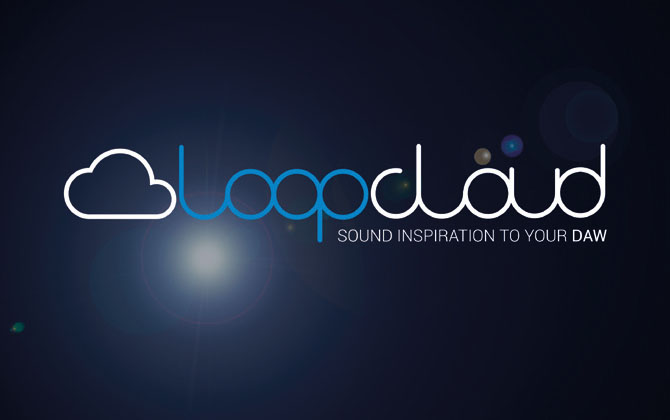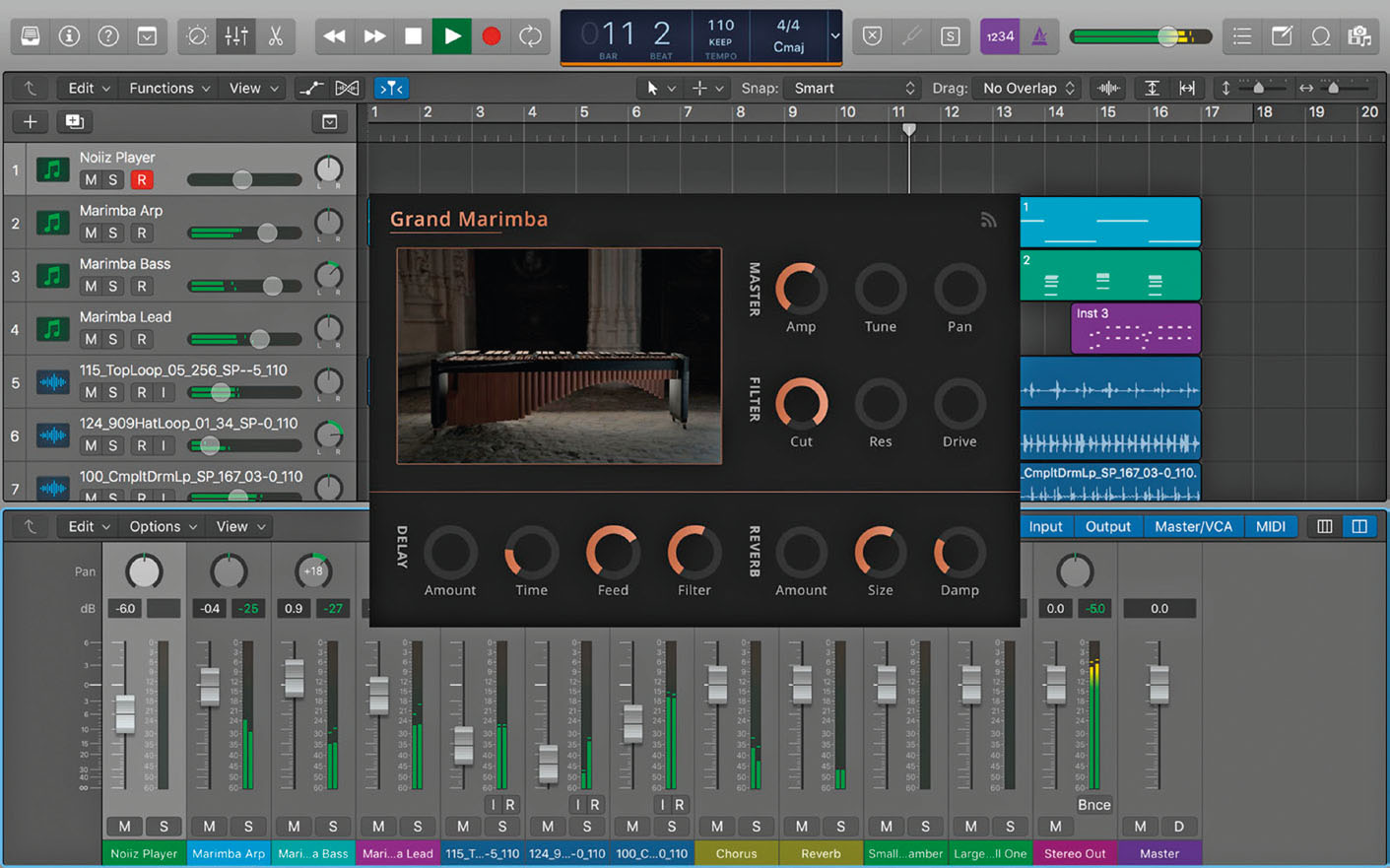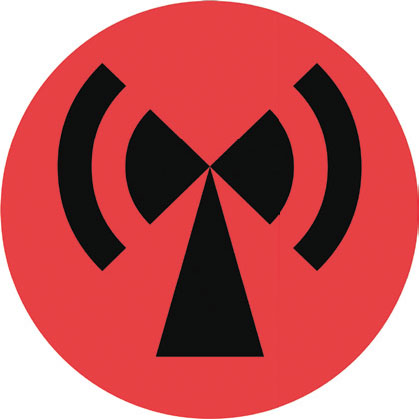
A few years ago I was involved in organising and judging the Hertfordshire Songwriter Competition. Over the course of the project we listened to over 450 songs, many of which had been assembled from random GarageBand loops, and wrote a constructive, encouraging comment about each one. As you may imagine, after the 50th appearance of “Classic Rock Beat 01”, I was beginning to struggle. It perfectly captured the problem that occurs when working with music students on computer-based compositions. The limited library on offer guarantees that there will be some overlap in sounds.
Additional libraries of loops, samples and sounds have always been available from third-party manufacturers but a selection of companies are now offering the service directly from the internet. Users can listen to, edit and download loops and samples into bespoke apps that can be synchronised with your existing music software without taking up huge amounts of disk space on your computers. These are cloud-based loop and sample libraries.
Loopcloud
Free

Loopcloud is the online platform from Loopmasters, a company that has been creating sample and loop libraries for around 15 years. Until now its products have been available on discs, then via download: the user would pay for the library that they wanted and install it on their computer for use in their projects, which would take up many gigabytes of data and often necessitated the use of an external hard drive.
Such an unwieldy system eventually led to the development of the Loopcloud platform. Users simply download an app to the computer (it runs on both Windows and Mac) and, once logged in, it synchronises with the central Loopmasters server and provides access to all the loops that are attached to the account. It starts you off with 1GB of sample sounds, with 150 free samples being provided every week to keep you inspired.
If you have ever used any form of sample or loop library before, the interface will instantly make sense. You can browse by instrument, genre, key, tempo and so on, and the software automatically updates the list of appropriate samples to which you have access based on your selection of metadata tags.
There are two key features that make this app different to what has come before it. As none of the samples are stored on the host computer, user storage is no longer eaten up by gigabytes of data. The second feature is much more interesting. The software designers have developed the platform to work in conjunction with your host Digital Audio Workstation (DAW), allowing it to synchronise with the master project tempo. With the project running, you can preview a loop and hear how it will sound at your chosen tempo.
There are also a range of editing options such as changing the key or rhythm of a sample, which can then be downloaded within the Loopcloud software and imported straight into your project. This negates the need to download the sample and then edit as a separate stage in your DAW, speeding up the creative process without having to understand the technicalities of audio editing.
Noiiz
Monthly subscriptions $9.99–$299 (£7–£214)
Annual subscriptions $99–$999 (£70–£713)

Noiiz runs in your browser or as a plugin
An alternative to this is the eponymous product from Noiiz, a newer company that is offering a range of loops, samples and functions for embedding into a DAW. Upon investigating what is available, you will find an extensive range of sounds and loops, even within more esoteric metadata tags – there are plenty of jazz clarinet loops, but no R’n’B kora samples, unfortunately.
As well as the main website, where all sounds can be auditioned and downloaded, Noiiz also offer an app that embeds into a host DAW. Rather than requiring a separate app and a link plugin, Noiiz embeds the main browser straight into the host software. Once logged into the app, all of your stored loops and samples appear, ready to load into a project.

As with Loopcloud, the app allows for alterations to be made to the key and tempo of samples. It also synchronises with the host software to match the tempo of the loops to the project, providing an immediate idea of how each loop will sound when placed. The main difference with Noiiz is that it offers three subscription models. There is a Starter subscription that provides between 12 and 24GBs of material per year; Unlimited, which provides exactly what you would expect; and a Group account that would be suitable for schools where whole classes might need to download sounds. The user pays an annual or monthly fee to access the content, with the yearly fee being up to 75% cheaper than paying the monthly fee for a year.
Summary
Having looked at two of the cloud-based loop and sample libraries, both are impressive. Loopcloud was slightly more complicated to sync with my DAW because of an extra plugin needed – it is easy to see this becoming a problem in classrooms if students forget this step – but the search controls were significantly more detailed and navigable. Noiiz could work out more expensive if you subscribe to the Group account, whereas Loopcloud allows you to download a single loop library and own it permanently rather than requiring a constant licence renewal.
The biggest concern applies to both libraries, which are definitely geared toward electronic music genres. Noiiz has a much wider range of genres available, but still has a focus on 4/4 and different subgenres of electronic music. The curriculum in schools is much broader than EDM and I would like to see a broader range of sounds available. For Loopmasters this is partly a historical development because it is also an electronic music label, but if the companies want to make these products truly appealing to the education market then the sample library must be broadened.
As a final note, aimed more at educators than software manufacturers, we should remember that loops are a great resource to use in conjunction with other musical elements. A sensibly placed percussion loop or a feature horn loop will dramatically improve a track but we should discourage students from relying on them entirely, or even heavily, to avoid a repeat of the Hertfordshire Songwriter Competition. Loops should be part of a wider music and technology platform alongside sequencing and recording real instruments. When used correctly, both of the libraries discussed above will support your students in creating great music.








